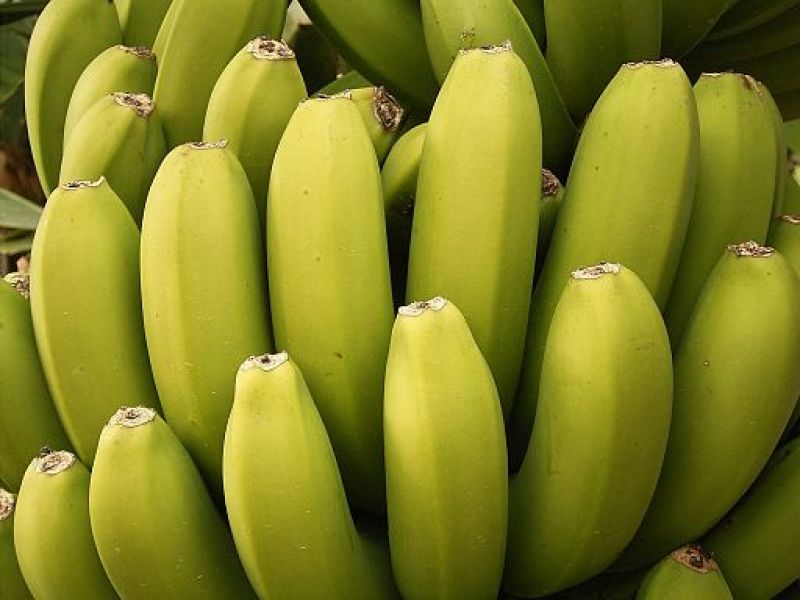
The world's supply of bananas is currently under threat due to a fungal disease.
According to scientists, the recently discovered disease could have the same effect as the outbreak that drove the Gros Michel banana variety to extinction during the 1950s, Independent reported.
The scientists identified an infectious fungus called Tropical Race 4 as the main culprit behind the deaths of banana trees in various regions. Reports about the fungus were traced back to 2013 in Pakistan, Middle East, Africa, Mozambique, Australia and Jordan after destroying numerous plantations. But according to scientists, this disease has already been affecting Southeast Asia for more than ten years now.
During the course of their study, the scientists identified the Cavendish as the most affected banana variety.
"Ever since [Tropical Race 4] destroyed the Cavendish-based banana industry in Taiwan, its trail in Southeast Asia seems unstoppable with incursions and expansions in the Chinese provinces of Guangdong, Fujian, Guangxi and Yunnan as well as on the island of Hainan," the scientists wrote in the report published on November 19 in the journal PLOS Pathogen.
The researchers noted that traces of Tropical Race 4 have already been discovered in Latin America. They warned that if the disease continues to infect crops, then it could wipe out all banana plants in the world.
A closer inspection on the fungus revealed that it is a clone of Panama disease, according to The Express Tribune.
This disease attacks the root of the plants and has a resistance to fungicide. During the 1950s, it caused the extinction of the Gros Michel, which was previously regarded as the most popular banana variety. This led producers to turn to another type of banana, which is the Cavendish.
However, it seems new strains of the Panama disease have evolved and developed and is now threatening the formerly considered disease-resistant cultivar.
Following what producers did over 60 years ago, countries could turn to other banana varieties to avoid being affected by the Tropical Rain 4. However, according to the scientists, this will not be an easy task.
"Developing new banana cultivars, however, requires major investments in research and development and the recognition of the banana as a global stable and cash crop (rather than an orphan crop) that supports the livelihoods of millions of small-holder farmers," the researchers wrote.
The researchers then recommended that affected countries should implement new methods to detect the new disease during its early stages and immediately eliminate infected crops to avoid a massive outbreak.


















